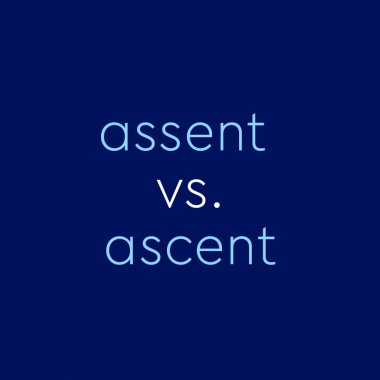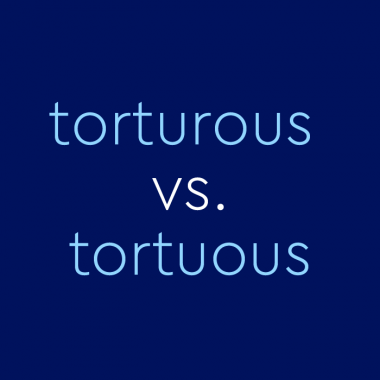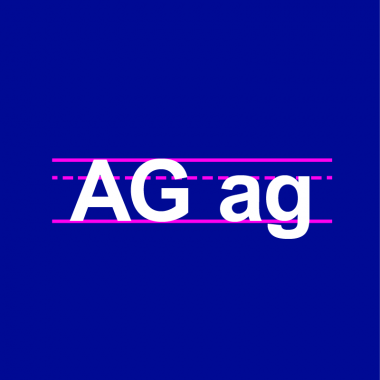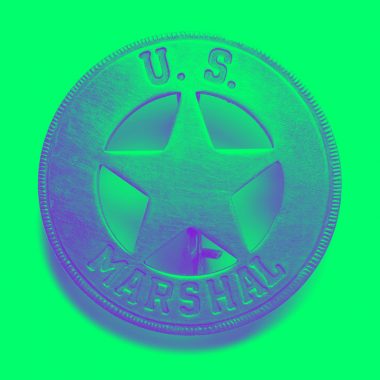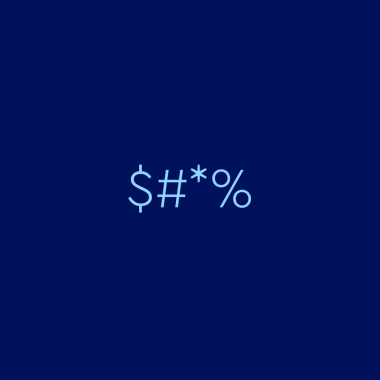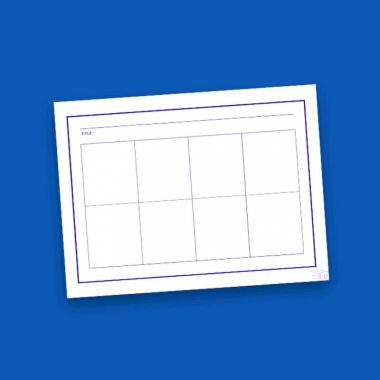What’s The Name For The Dot Over “i” And “j”?
While many languages, such as Arabic and Hebrew, add specific accents to the letters or characters throughout their alphabet, the English alphabet has only two letters that include a diacritic dot. This mark is added to a letter to signal a change in either the sound or meaning of a character. What is the additional name of this curious dot that hovers over the ninth …

